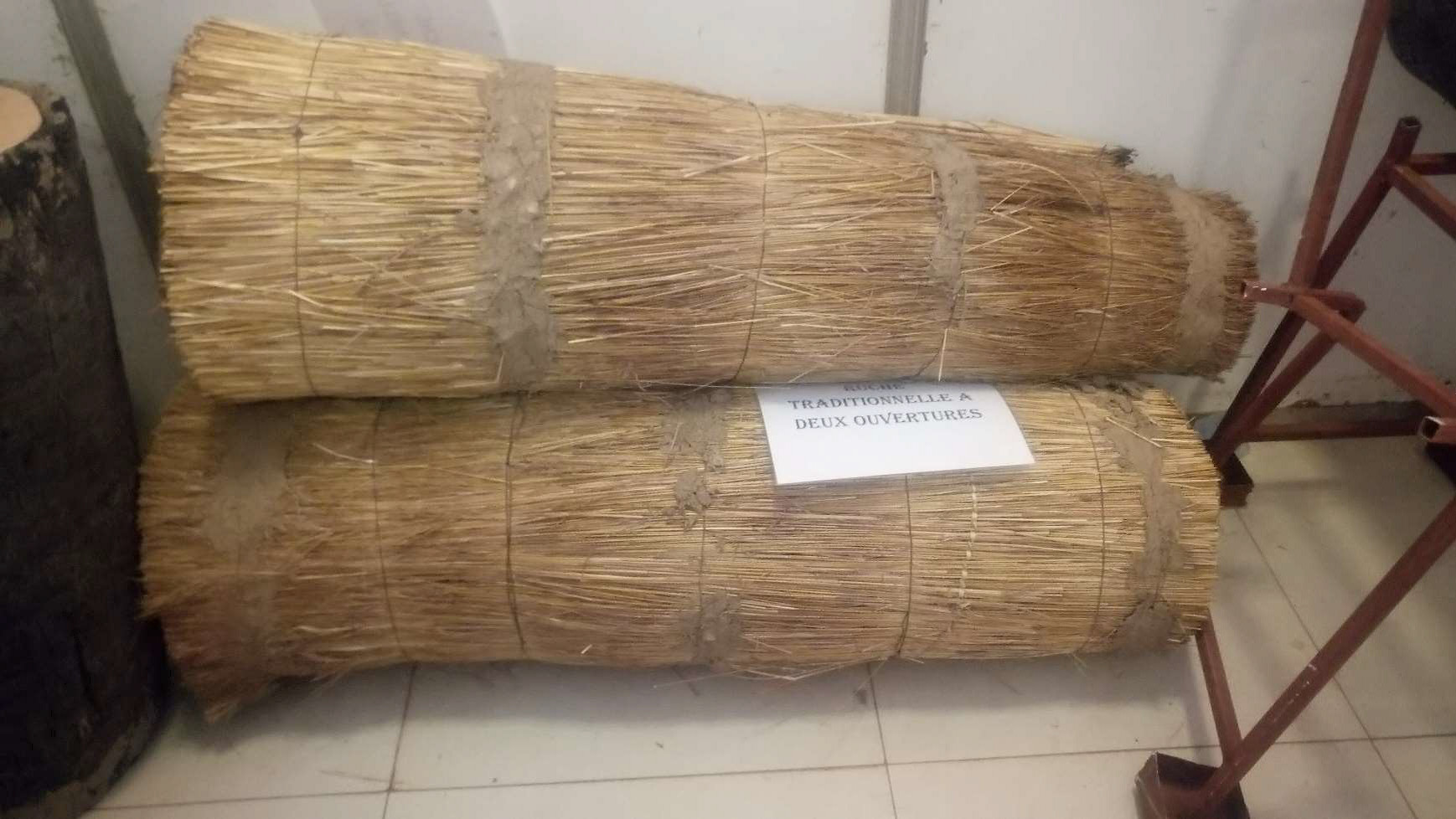Tomorrow's Honey (Beoog siido in Mooré)
improving biodiversity and incomes of rural populations of the peri urban area of Ouagadougou (Burkina Faso)
The project promotes sustainable beekeeping in Burkina Faso, thereby strengthening the livelihoods of rural communities. Through training and support in the craft of beekeeping, honey production is increased, income opportunities are created, and the environment is protected. Discover how bees can change lives!
Background and need
The rural sector accounts for over 80% of the total population of Burkina Faso. Despite its rudimentary characteristics, it provides 45% of farm household income. In association with agriculture, rural households practice livestock farming, particularly beekeeping. In the past, bee-keeping was not widely practiced, but it is now playing an increasingly important role in farm households. While contributing to the protection of biodiversity and the environment, beekeeping can also generate significant income, as it requires little investment and all the products of the hive can be valued. However, the lack of technical expertise and the mostly traditional production system are holding back the development of this activity in certain localities in Burkina Faso
Project activities
With the aim of helping to improve the incomes of local people in the rural sector, while at the same time taking action to maintain a healthy environment, ÖJAB is setting up a project to promote beekeeping in different communes, on the peri urban area of Ouagadougou. The project involves training local beekeepers in modern beekeeping practices, processing and adding value to beehive products, then providing them with suitable modern beekeeping equipment to improve their production. Through training sessions, particular emphasis will be placed on the importance of preserving biodiversity and bee health. AgroVetApic, which will be responsible for the practical implementation of the activities, will also support beneficiaries in marketing their products. To ensure the sustainaibility of the project, a network of technical support for beekeepers will be implemented and an “apiary school”.

Impact
The project will have a significant socio-economic and environmental impact on the peri urban area of Ouagadougou. In social terms, the beekeepers will be organized into a cooperative, which will improve their social cohesion. On the economic front, their income will increase, as the modern hives will enable them to produce 3 times more honey than before. Finally, in environmental terms, the application of new methods will mean that hives and bees will no longer be destroyed, and bee health will improve.

